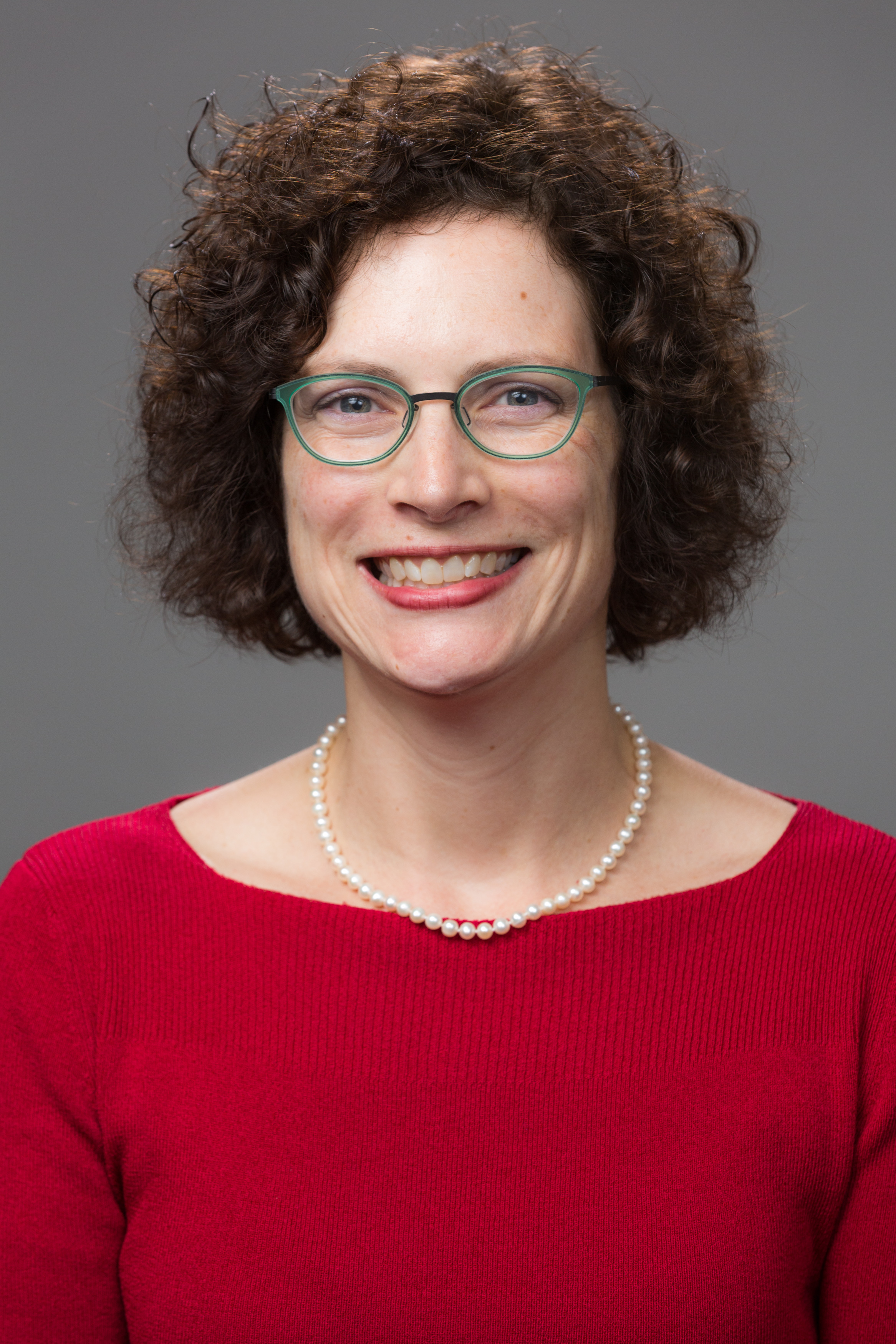Advancing the Impact of Nursing Science
February 10, 2021 Kirsten Corazzini
UMSON’s associate dean for the PhD program writes about the need for continued advancement and innovation of nursing science in response to the changing landscape of health care.
By Kirsten Corazzini, PhD, FGSA
professor and associate dean for the PhD program
As the associate dean for the PhD program, I am honored and excited to be part of a distinguished history of preparing nursing scientists who lead scientific advances in care in academic settings, health systems, and local and national government agencies. The University of Maryland School of Nursing (UMSON) has incredible capacity to build on this distinguished past and innovate how we prepare the nursing scientists needed for the future.
The landscape of academic nursing is rapidly changing in ways that are challenging us to ask difficult questions about how to advance the scientific basis of a practice-based discipline. In the context of a wave of faculty retirements and relatively flat enrollments in PhD programs nationwide, there has been a steady increase in enrollments in Doctor of Nursing Practice programs and a shifting of the relative proportion of research-focused faculty positions to teaching-focused faculty roles, such that the majority of schools of nursing comprise predominantly non-research-intensive faculty. These sector shifts are occurring at the very time in which nursing is perhaps the profession and discipline best positioned to prepare scientists who can advance our understanding of how to tackle our most pressing issues of human health and well-being, including the importance of social determinants of health, dismantling health disparities and inequities, and ultimately supporting human resilience and thriving in illness and wellness.
Thus, we are called upon to innovate new models of collaboration with our clinical and teaching-focused colleagues, to give voice to the value proposition of research-focused nursing faculty, and to craft clear and compelling pipelines to support junior nurse scientists from Bachelor of Science in Nursing to PhD. UMSON is one of the most well-positioned schools of nursing nationally to undertake this challenge. Our strengths are multiple: our externally funded research base as one of the top National Institutes of Health-funded public schools of nursing in the country; our diverse and inclusive student body, with 49% from underrepresented populations; our long-standing relationships with health disparity populations at local and regional levels; our committed faculty; and our exceptional academic partnerships with the University of Maryland Medical Center.
We are exquisitely poised to drive change and develop nationally replicable models to advance nursing practice and health care outcomes through discovery nursing science. In the context of a campus informed by rich interdisciplinary and interprofessional partnerships across nursing, social work, medicine, law, pharmacy, and dentistry, I am excited to support our PhD students, faculty, and staff to advance the scope and impact of UMSON-led nursing science.
Disclaimer: Elm Voices & Opinions articles reflect the thoughts or opinions of their individual authors, and may not represent the thoughts or values of UMB as an institution.